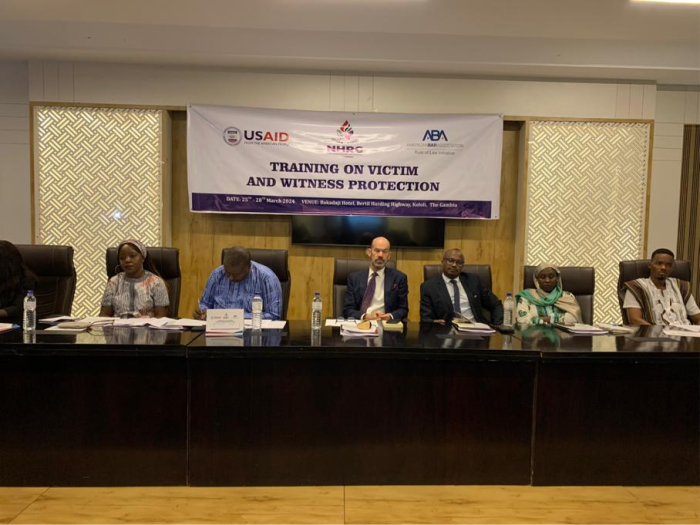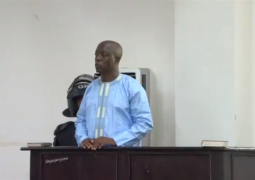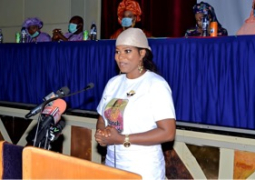
The training brought together 36 stakeholders including representatives from the Ministries of Justice, Interior, The Gambia Police Force, Gambia Armed Forces, TANGO, The Gambia Press Union and ICTJ.
Also, the training was aimed at providing a comprehensive framework that guarantees the rights, safety, and support of victims and witnesses involved in legal proceedings, ensuring their cooperation, and safeguarding their well-being throughout the judicial process.
With backing from the American Bar Association (ABA), the National Human Rights Commission worked with a consultant to formulate a victim and witness protection policy.
Further, the training is to build the capacities of participants to be used as trainees in the future on victim and witness protection, transmit the knowledge gained to the counterparts in their respective institutions and also equip them with relevant skills to protect victims and witnesses when the need arises.
At the event, Emmanuel Daniel Joof, chairperson of the National Human Rights Commission, indicated that the victims and witnesses protection policy is a set of guidelines, procedures, and legal provisions designed to safeguard the safety, well-being, and rights of individuals who have been victimised by crime or who are witnesses to criminal activities.
The primary objective of such policies, he added, is to ensure that victims and witnesses are adequately protected from harm, intimidation, retaliation, or any form of undue influence that may compromise their ability to participate effectively in the criminal justice process.
“I call on the witnesses and victims to come out and tell their stories. If they don’t come out, how can they get justice and how can they be protected.” he pointed out.
ELysee Sindayigaya, Chief of Mission, American Bar Association (ABA), highlighted that the initiative, rooted in the recommendations of the Truth, Reconciliation, and Reparations Commission (TRRC), signifies a pivotal step in the government's commitment to implementing justice reforms, as spearheaded by the Ministry of Justice.
He thus thanked the participants for their participation, further urging them to make use of the opportunity and share with others.
Ma Jabou Ceesay, a participant, described the training as timely, further expressing optimism that the knowledge gained from the event would significantly help them in their respective working space.
“I encourage you all to ensure this policy is realized and in doing so, we must not forget the significance of inclusivity.”



